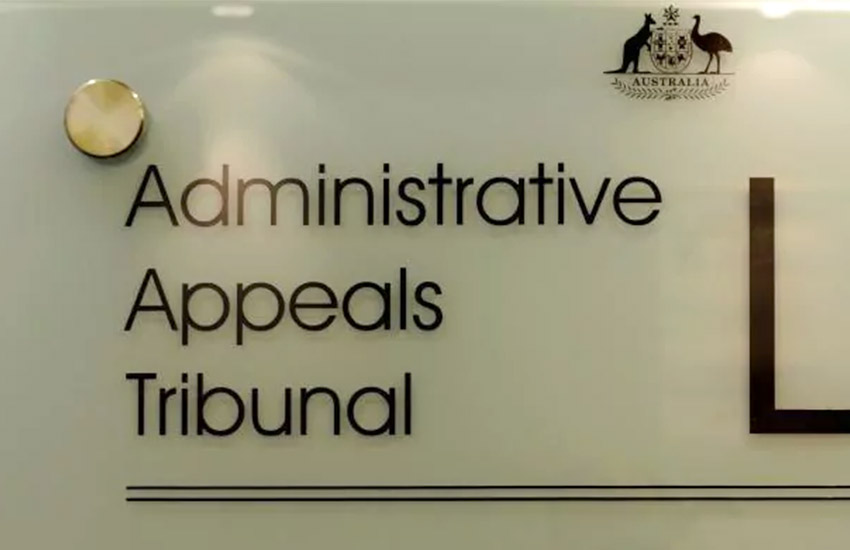Late last month, the AAT ruled that sole trader Jeremy Apted was in fact entitled to the JobKeeper program despite not holding an active ABN on or before 12 March 2020 – an integrity rule contained in the $90 billion wage subsidy scheme.
Mr Apted, a specialist retail valuer, had held an ABN since 2012 but moved to cancel his registration in mid-2018 as he looked to retire.
You’re out of free articles for this month
However, retirement did not suit Mr Apted, and he resumed providing valuation services in September 2019 but failed to reactivate his ABN because he mistakenly assumed that he only needed one if he was required to be registered for GST.
On 31 March 2020, Mr Apted applied online to have his ABN reinstated, with the registrar eventually backdating the reactivation to 1 July 2019 after requesting further information on his business history.
Satisfying all other eligibility requirements, Mr Apted applied for JobKeeper but was denied by the Commissioner of Taxation on the basis that at the point in time on 12 March 2020, Mr Apted had no active ABN.
‘Assumes the Registrar does not do his job’
However, in reviewing the first JobKeeper test case, AAT president Justice David Thomas and deputy president Bernard McCabe found that the Australian Business registrar – also the Commissioner of Taxation in another guise – had been satisfied with Mr Apted’s historical information and appropriately adjusted the date of effect of registration to 1 July 2019, effectively making him eligible for JobKeeper.
“The ABN Act explicitly authorises the Registrar to determine a date of effect that predates the application for registration where he is satisfied it is appropriate to do so,” said Justice Thomas and Mr McCabe.
“The Commissioner worries that businesses which were not genuinely active might get access to the benefits under the Rules by belatedly applying for an ABN and convincing the Registrar to change the date of effect of their registration to a date prior to 12 March 2020.
“But that assumes the Registrar does not do his job according to requirements and satisfy himself of the very matters the Treasurer has assumed in the Rules that the Registrar would consider. We were certainly not provided with any evidence at the hearing to suggest the ABN registration process lacked integrity or rigour; in the circumstances, we are satisfied it is appropriate to assume it operates according to its terms.”
The tribunal noted that taxpayers in similar circumstances as Mr Apted should engage with the established ABN registration process, with any ABNs with a pre-12 March 2020 date of effect satisfying the integrity rule of the JobKeeper program.
Holding Redlich senior tax controversy partner Sue Williamson, who led the case on behalf of Mr Apted, said the decision would be welcomed by small businesses locked out because of the 12 March 2020 integrity rule.
“In a difficult year, it’s been disappointing to see small business owners facing the worst economic circumstances in recent memory locked out of accessing desperately required support for simply not meeting an arbitrary 12 March deadline,” Ms Williamson said.
“In the scheme of what JobKeeper and the other measures have cost this country, these important small business claims would cost next to nothing. However, to these businesses and people it means everything.
“As the Tribunal said in their judgement, the JobKeeper scheme was intended to provide support to active businesses that experience Coronavirus-related challenges… with luck – this decision will be enough to give these small businesses a vital boost heading into the new year.”
It is understood that the ATO is currently considering the tribunal’s decision and its implications, including whether to appeal. Further information is set to surface in the following weeks.
Jotham Lian
AUTHOR
Jotham Lian is the editor of Accountants Daily, the leading source of breaking news, analysis and insight for Australian accounting professionals.
Before joining the team in 2017, Jotham wrote for a range of national mastheads including the Sydney Morning Herald, and Channel NewsAsia.
You can email Jotham at: This email address is being protected from spambots. You need JavaScript enabled to view it.

 Login
Login







